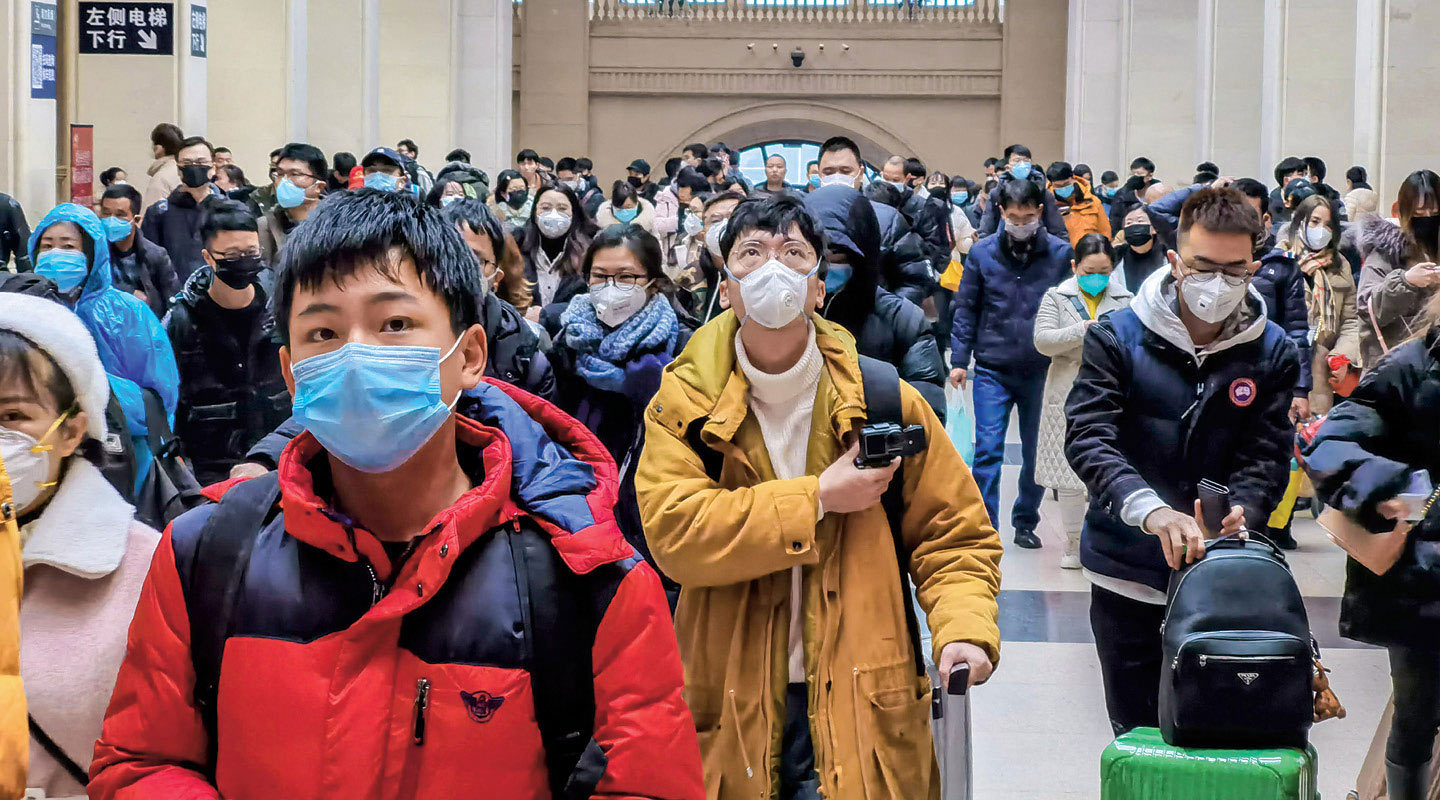Last fall, a group created by the World Health Organization and the World Bank issued a report about whether governments are ready to cope with a new global pandemic. The blunt conclusion issued in the first paragraph of that report wasn’t reassuring: “The world is not prepared.”
There’s a very real threat of a rapidly spreading contagious disease killing 50 million to 80 million people and wiping out nearly 5 percent of the global economy, according to the report.
“The world has become much higher risk, and we need to change our thinking accordingly,” says Stephen Morrison, director of the Global Health Policy Center at the Center for Strategic and International Studies in Washington, D.C. “The velocity of these outbreaks are increasing because we have bigger populations and they’re moving around faster.”
Last fall, a group created by the World Health Organization and the World Bank issued a report about whether governments are ready to cope with a new global pandemic. The blunt conclusion issued in the first paragraph of that report wasn’t reassuring: “The world is not prepared.”
There’s a very real threat of a rapidly spreading contagious disease killing 50 million to 80 million people and wiping out nearly 5 percent of the global economy, according to the report.
“The world has become much higher risk, and we need to change our thinking accordingly,” says Stephen Morrison, director of the Global Health Policy Center at the Center for Strategic and International Studies in Washington, D.C. “The velocity of these outbreaks are increasing because we have bigger populations and they’re moving around faster.”

